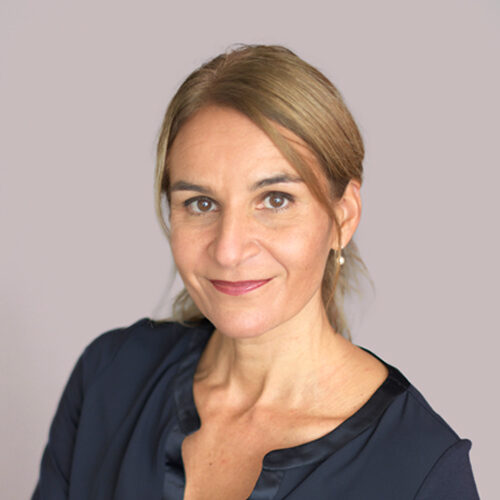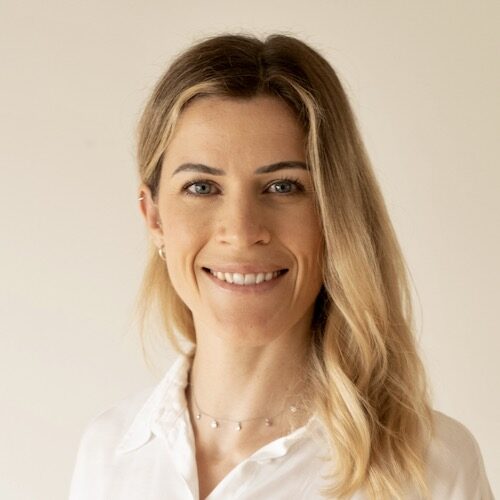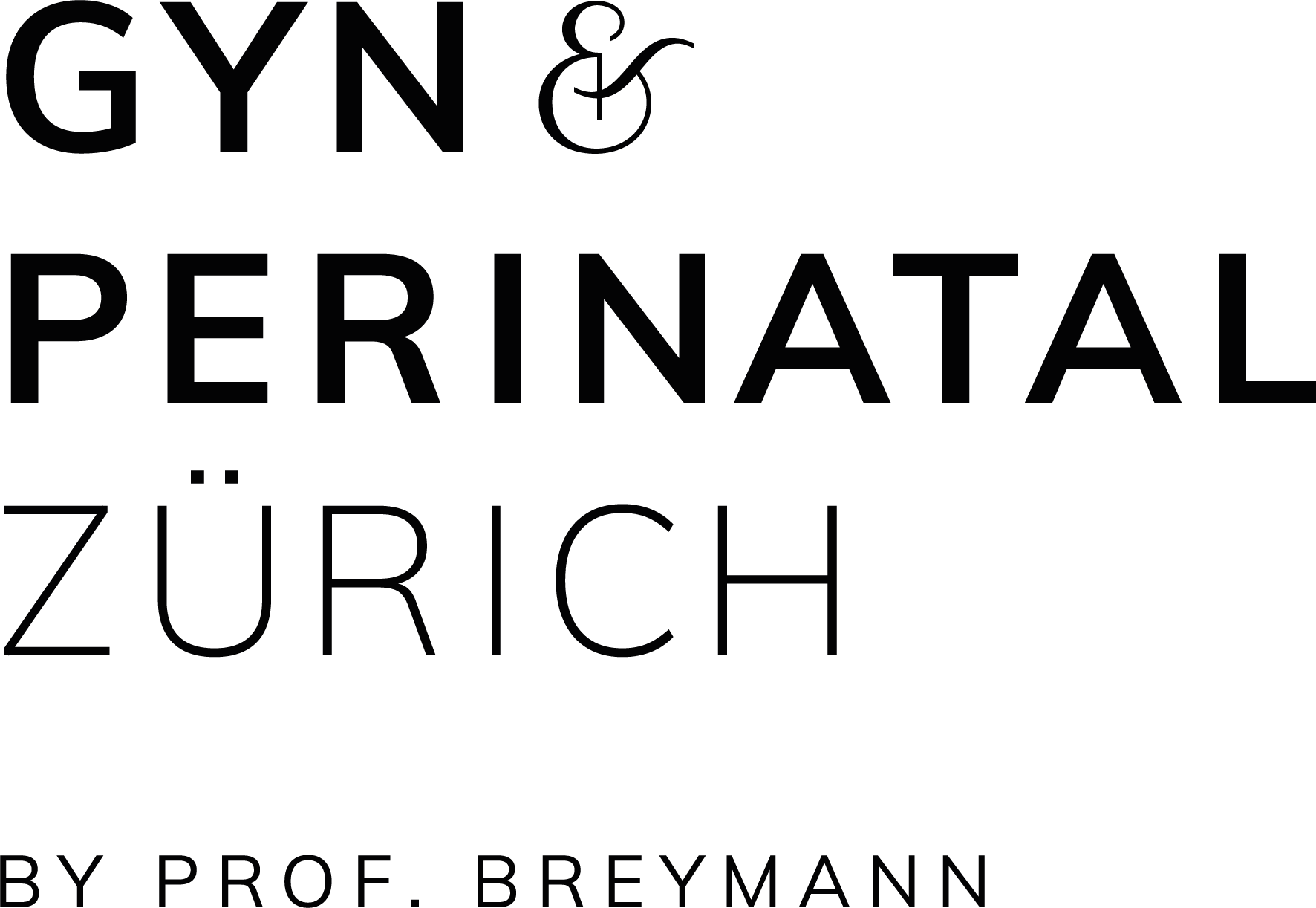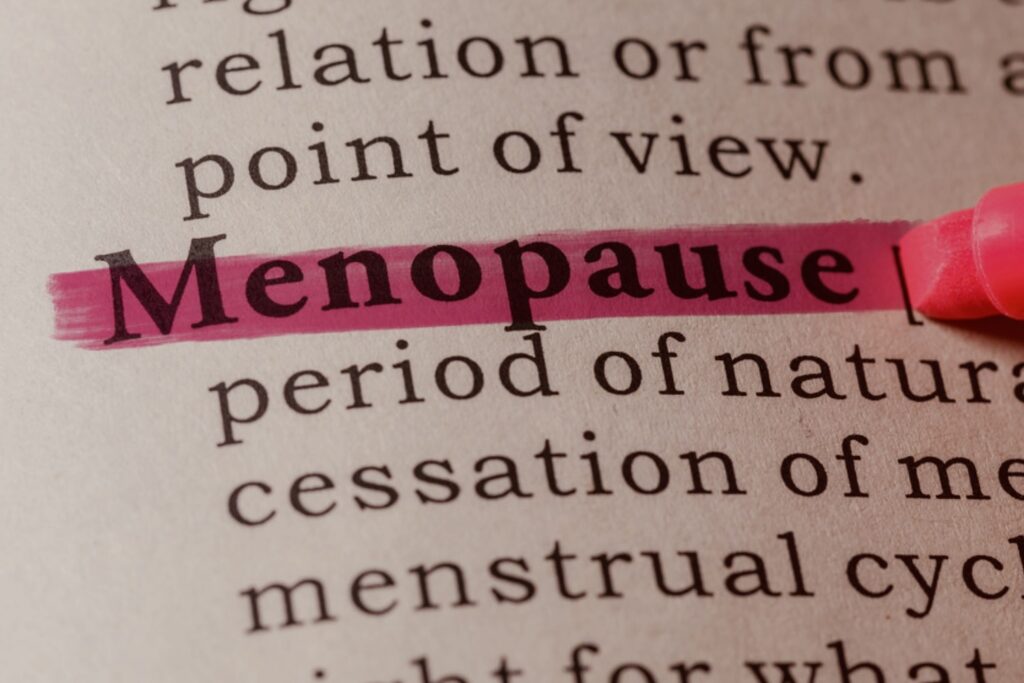Elective caesarean section: unjustly still little recognised
In Europe, about 25 percent of expectant mothers decide to have a planned caesarean section without medical reasons. A wish that is still little recognised in our society. Wrongly so, says Prof. Dr. med. Christian Breymann, specialist in gynaecology and obstetrics and head of Gynaecology & Obstetrics Seefeld and the Institut Perinatal Zürich in Switzerland.
For what reasons do expectant mothers consciously decide to have a caesarean section?
Prof. Dr. Christian Breymann : "I know that the rumour of so-called 'Blackberry children' is persistent. In other words, births that are supposedly planned according to the tight schedule of busy business mothers. But the real reasons I hear in my consultations are quite different. Women who consider an elective caesarean section have great worries and fear for the unborn child and also of complications.
Often these are women who have only become pregnant with great difficulty after miscarriages or artificial insemination (in vitro fertilisation, IVF) and who want to ensure that nothing happens to the child at birth. Others come with experiences of difficult births from their environment and would like to exclude these for themselves.
And some women are naturally also afraid of injuries to their own bodies that could occur during a natural, vaginal birth, such as perineal tears, later pelvic floor problems and incontinence. A planned caesarean section is also a good option for women who have health problems and suffer from cardiovascular problems or clotting disorders, for example, because unlike a spontaneous birth, it can be well prepared and monitored."
How do you advise women who come to you with the firm intention of having an elective caesarean section?
Prof. Dr Christian Breymann: "As a matter of principle, I do not give advice in a directive way, i.e. with the intention of steering women in a certain direction. When women approach me with the wish to deliver their child by planned caesarean section, I am of course interested in the reasons.
But in my opinion, every woman has the right to decide how her child should be born. It is her body, her child. I don't want to take the risk of trying to change someone's mind. If this woman then experiences a difficult birth and perhaps even suffers from the consequences for the rest of her life, I would be responsible.
Conversely, I would not advise a 40-year-old woman who wants a spontaneous birth to have a caesarean section just because she is considered a 'high-risk pregnant woman' in the official statistics. That is always an individual decision of the expectant mother."
Women who prefer an elective caesarean section are often ridiculed or even scorned for their alleged 'selfishness' - do you prepare women for these reactions?
Prof. Dr. Christian Breymann: "I have actually heard from mothers that their decision was criticised or belittled during birth preparation courses or also in midwife discussions. I myself work in various clinics and fortunately experience the opposite: the midwives in particular are very reticent about making judgements.
Last year, a doctoral thesis looked at satisfaction after an elective section. The result was that the women were extremely satisfied both shortly after the caesarean section and after a longer period of time. 88.1 percent said that the caesarean went according to their expectations. I can only plead for taking women and their wish for a planned caesarean section or their fears seriously."
How do the expectant mothers' partners react to the wish to deliver the baby by planned caesarean section?
Prof. Dr. Christian Breymann: "There are very rarely different opinions. Women today are intellectual, enlightened and live their right to make their own decisions. The men and partners accept that."
What are the risks of an elective caesarean section?
Prof. Dr. Christian Breymann: "During the consultation, I go through an information sheet with the women, in which the procedure is described in detail and possible complications are also listed. Of course, there is a small scar, but it is well hidden directly above the pubic hair. If the anatomical conditions are difficult, such as adhesions, it can happen in rare cases that the bladder, ureter or intestine are injured during the procedure.
The blood loss is significantly less than with a vaginal birth. Overall, however, all risks are minimised by the plannability of the caesarean section and, of course, the experience of the surgeon. Contrary to what is generally claimed, it is also quite possible to choose a spontaneous birth after a caesarean section in the case of another pregnancy. There is a risk here that the scars of the uterus may tear during labour. But in general it is quite possible.
How long do women have to stay in hospital after an elective caesarean section?
Prof. Dr Christian Breymann: "Normally my patients stay in hospital for five to six days for healing and monitoring. In comparison, convalescence is much more difficult if the attempt at vaginal birth has to be ended with a caesarean section after all. Due to the mother's exhaustion, a longer hospital stay is usually necessary here."
Who bears the costs for an elective caesarean section?
Prof. Dr. Christian Breymann: "In the information protocol, possible reasons are listed as e.g. the mother's concern about birth pains and fear of harm to the child. These reasons are also accepted by the health insurance companies for cost coverage."







